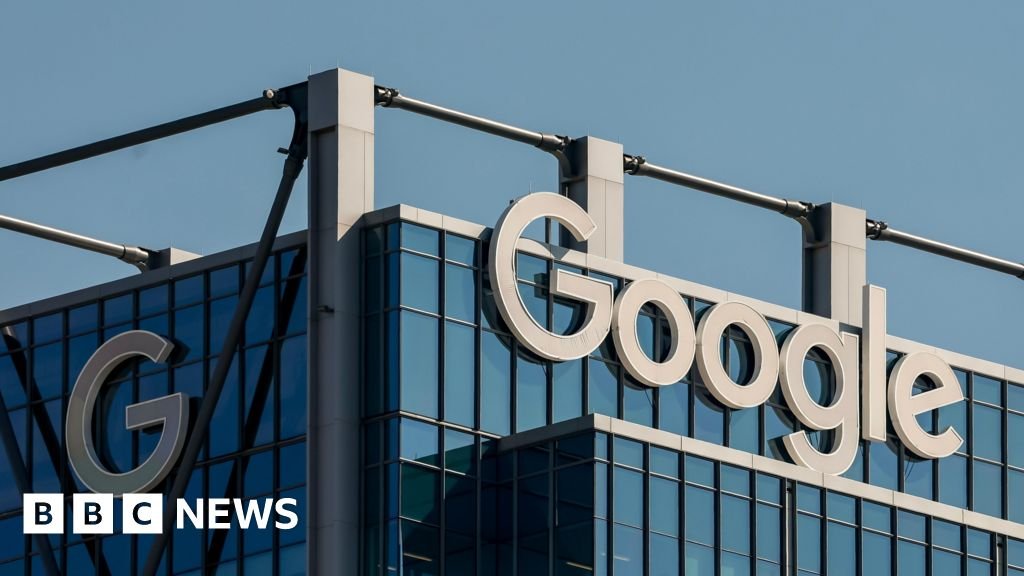The U.S. government has launched a major antitrust case against Google, specifically targeting its highly profitable advertising technology (ad tech) business. The trial, which begins on Monday, centers around accusations that Google’s parent company, Alphabet, has unlawfully monopolized the digital ad market, leveraging its dominance to stifle competition.
In 2022, Alphabet earned over $200 billion in revenue, much of which was generated through digital ads placed across the internet. While Alphabet defends its success by citing the effectiveness of its services, prosecutors argue that the company’s market control has restricted competitors and innovation.
Google’s Ad Tech Monopoly: Why It Matters
“This is a hugely significant industry, generating billions of dollars in revenue for consumers every year,” said Laura Phillips-Sawyer, a law professor at the University of Georgia. “All consumers should be paying attention to this lawsuit.”
The case represents the second major antitrust action against Google in the U.S. In a separate case last month, a federal judge ruled that Google had illegally monopolized the search engine market, though penalties for Alphabet have yet to be determined.
In this latest lawsuit, filed by the U.S. Department of Justice (DoJ) in 2023, Google is accused of dominating the digital advertising industry, using its position to block competition. The suit, backed by multiple states, claims that Google’s actions have suppressed innovation in the ad tech sector.
Google’s Defense: “We Aren’t the Only Player”
Google insists that competition in the digital ad space is growing, not shrinking. In response to the lawsuit, Google pointed to Apple, Amazon, and TikTok as examples of companies successfully increasing their share in the digital advertising market. In a 2023 blog post, the company stated that “no one is forced to use our ad technologies — they choose to use them because they work.”
However, both sides will now argue their positions in front of U.S. District Judge Leonie Brinkema, with a ruling expected following the trial.
A Victory in Google’s Search Case: A Sign of Things to Come?
This new trial comes on the heels of another significant antitrust victory for the Justice Department. Last month, Judge Amit Mehta ruled that Google had been acting illegally to suppress competition in its online search business, describing the company as a monopoly. The ruling established a precedent that may influence the outcome of the ad tech case.
At that trial, Google’s defense focused on the quality of its search product as the reason for its market dominance. Similarly, in the ad tech case, Google seems to be adopting a parallel argument, claiming that businesses use its ad tools simply because they are the best available.
The Future of Google’s Ad Tech Business
The remedies for Google’s search-related monopoly are still under consideration. Dan Ives, managing director at Wedbush Securities, told the BBC that the Justice Department’s recent win is “a huge victory” and that future penalties will likely involve “adjustments to Google’s business model rather than a breakup of the company.”
However, ad technology presents a unique challenge for prosecutors. Unlike search engines, which are broadly understood by the public, ad tech is highly complex. “It’s going to be a real challenge for the government to present a clear, simple monopoly argument in this case,” explained Rebecca Haw Allensworth, an antitrust professor at Vanderbilt University.
Global Scrutiny on Google’s Ad Tech Dominance
The U.S. isn’t the only country scrutinizing Google’s ad business. In the UK, the Competition and Markets Authority (CMA) recently released preliminary findings accusing Google of abusing its market power in digital ads. According to the regulator, Google’s anti-competitive practices may have harmed thousands of British publishers and advertisers.
Google dismissed the CMA’s findings, calling them based on a “mistaken understanding” of the ad technology landscape.
Conclusion: A Critical Moment for Digital Advertising As the U.S. Department of Justice lawsuit against Google’s ad tech monopoly unfolds, the future of the digital advertising industry hangs in the balance. If successful, this antitrust case could disrupt Google’s ad technology dominance and level the playing field for competitors, fostering innovation. With global regulators closely monitoring the outcome, the implications of this legal battle are far-reaching. Based on the provided text, continue writing 4-5 new sentences in a coherent and relevant manner. Do not repeat the provided text. The trial against Google’s ad tech monopoly is an opportunity for regulators to address the concentration of power in the digital advertising industry. If the U.S. government prevails in this antitrust case, it could create a more competitive market and encourage greater diversity and choice for advertisers. The outcome of this trial will not only impact Google but also shape the future of online advertising, as it could set a precedent for how tech giants are regulated. As the case unfolds, industry players and consumers alike will be closely watching for the potential consequences and implications.
